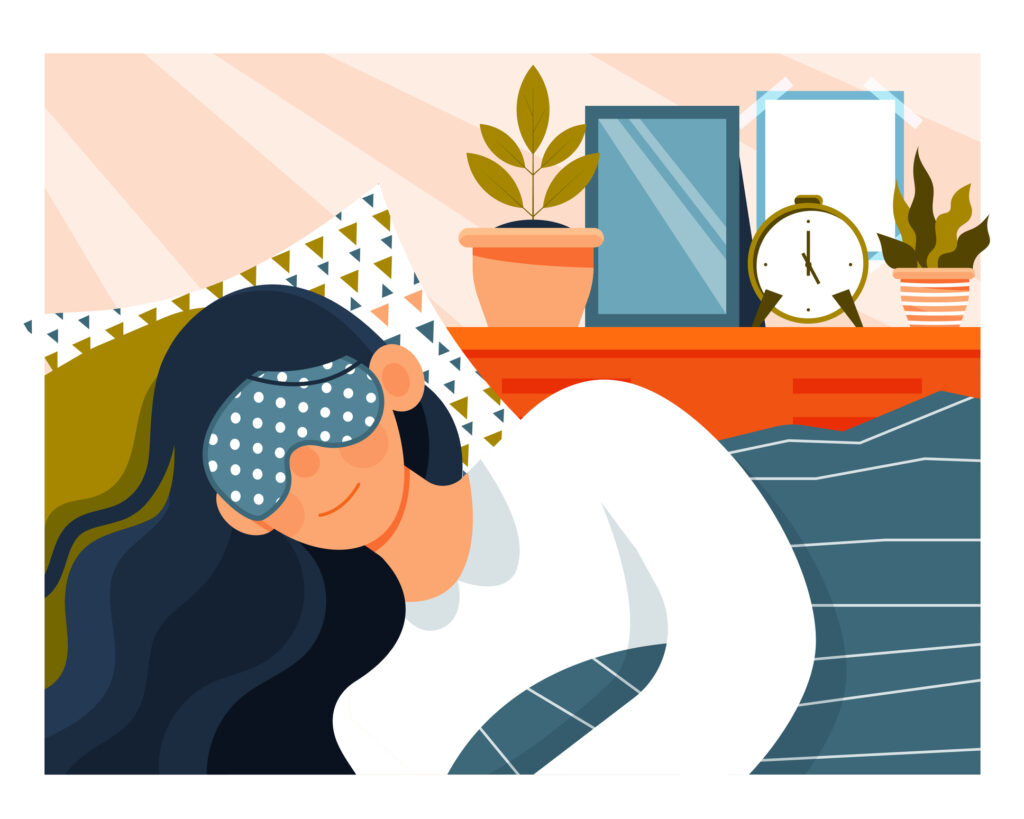
The other day I, along with 15 of my college classmates, had the opportunity to hear from Matthew Carter, Associate Professor of Biology at Williams College.

Matt spoke to us about sleeping and the relationship between sleeping and the brain.
I told Matt afterwards that “the students at Williams are very lucky to have you as a professor. What is so special about you is not just your command of the topic, but the obvious enthusiasm you have for it. It is catching. You light up your students’ sense of inquiry, their curiosity.”
Although I am not a student in college at this time, I found myself learning a great deal.

There are a lot of acronyms that are used when talking about the neurobiology of sleep. EEG, EMG, REM, NREM to name a few of the important ones.
In addition, there are words that are important to understand. For example, hypocretin (Hcrt) neurons, which are the neurons in our brain that keep us awake.
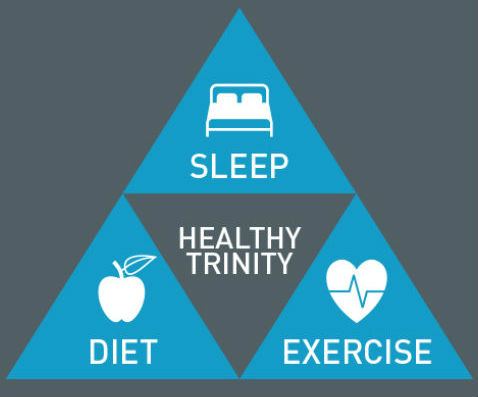
It turns out that sleep is just as important to our health as is diet and exercise.
There are three stages of sleep – REM (rapid eye movement), NREM (non rapid eye movement), and awake.
Quantity of sleep (6-8 hours) is important, but even more important is the quality of sleep.

According to Matt, what we want to reduce is the number of micro awakenings during the night. The more micro awakenings, the worse the sleep.
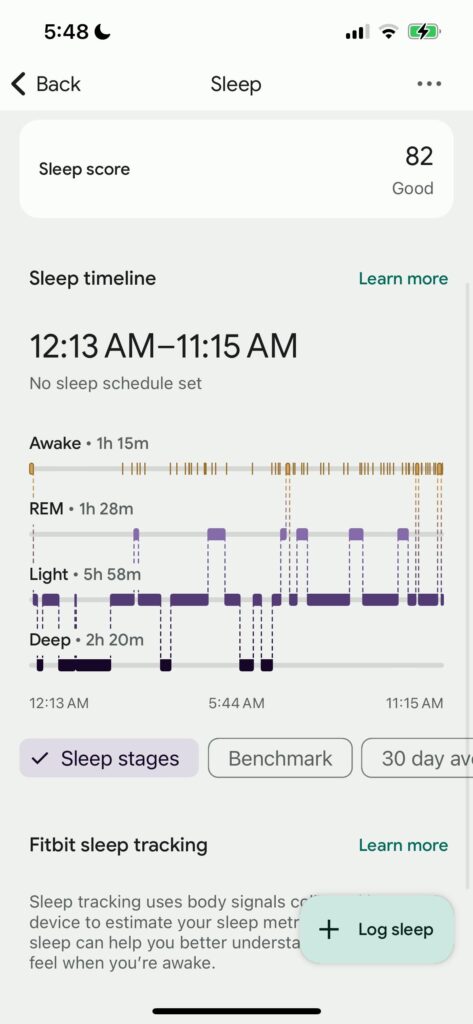
What I learned from Matt is that the two hours before I go to bed are critically important to the quality of my sleep that evening.
Here is what NOT to do within two hours of going to sleep.
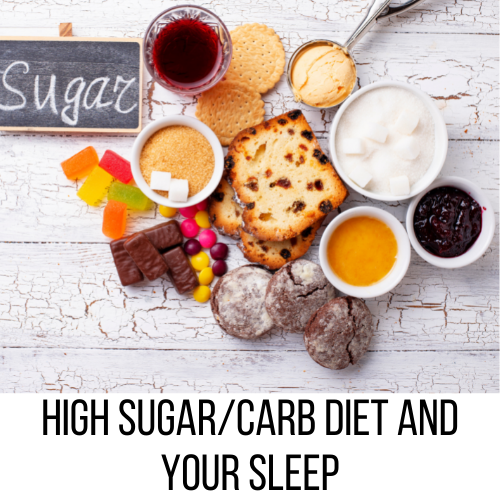
- Nutrition. Do NOT have any carbohydrates or sugars. They keep you awake and fragment your sleep.
- Alcohol. Do NOT have any alcohol within two hours of sleeping.
- Stress. Do NOT have stress. Do everything you can to reduce any stress that you may be dealing with. For example, one way of doing this is to write down on paper the issue(s) that you are struggling with. Another way is to play some music that is relaxing and soothing for you. Yet another way is to jump into a hot tub.
- Light. Do NOT have a lot of light before you go to bed. The less light the better.
- Dopamine. Do NOT do anything that increases your dopamine levels within two hours of going to sleep. Dopamine is rewarding, and it also keeps you awake. This means not looking at or using phones, ipads, or computers! All of these increase your dopamine levels.
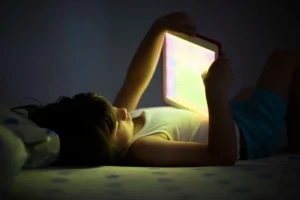

- Finally, exercise. The more exercise you undertake, the better.
If we follow these six steps, according to Matt, the quality of our sleep will significantly improve.
I don’t know about you, but I can tell you that for myself abiding by these six steps would be very difficult. The two that would be the most difficult for me are nutrition and dopamine.

I have to admit that I love a snack before I go to bed. And, it usually involves some carbs and some sugar.
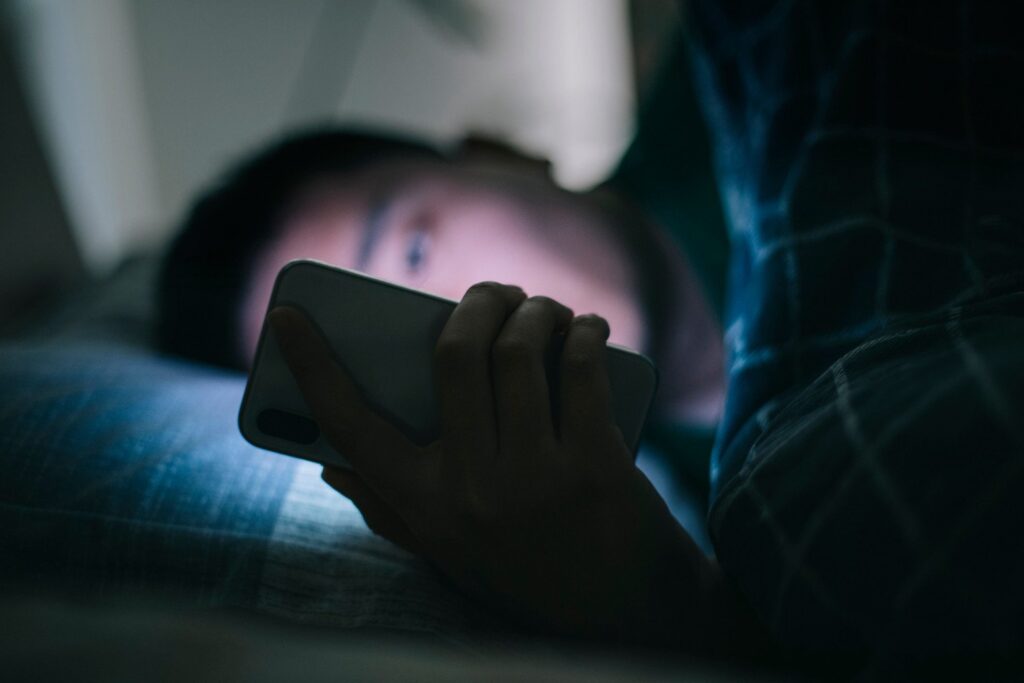
In addition, I take my phone to bed with me. It is the last thing I put down before I lay my head on the pillow. And I don’t think I am alone in this. Weaning myself off looking at my phone before I go to bed will be a huge challenge.
Bottom line. I believe that Professor Carter’s recommendations will improve the quality of my sleep. However, i recognize that two of the recommendations will be very difficult for me to follow – namely, nutrition and dopamine.
My plan going forward will be to take small steps in the right direction. Initially I will try to not have any sugars or look at my phone for 20 minutes before going to bed. Not two hours before bed time, but 20 minutes before bedtime. If I am able to do this, then I will shoot for 40 minutes before bedtime. All with a goal of two hours before bedtime.
Wish me luck.
Alas the elusive hypnos and somnus that eludes most of us. Good advice Neil.
I just read this on my phone before heading to bed. Aaagh!
Hi Neil, Many useful reminders here, even though, as you pointed out, it will be hard to maintain the discipline needed to kick the bad habits.
I was wondering why there’s no mention of using a Melatonin supplement, since it often becomes deficient as we age, making it more difficult to fall asleep and stay asleep.
How are you doing on your 20 minutes of deprivation (sugar and phone-surfing)?